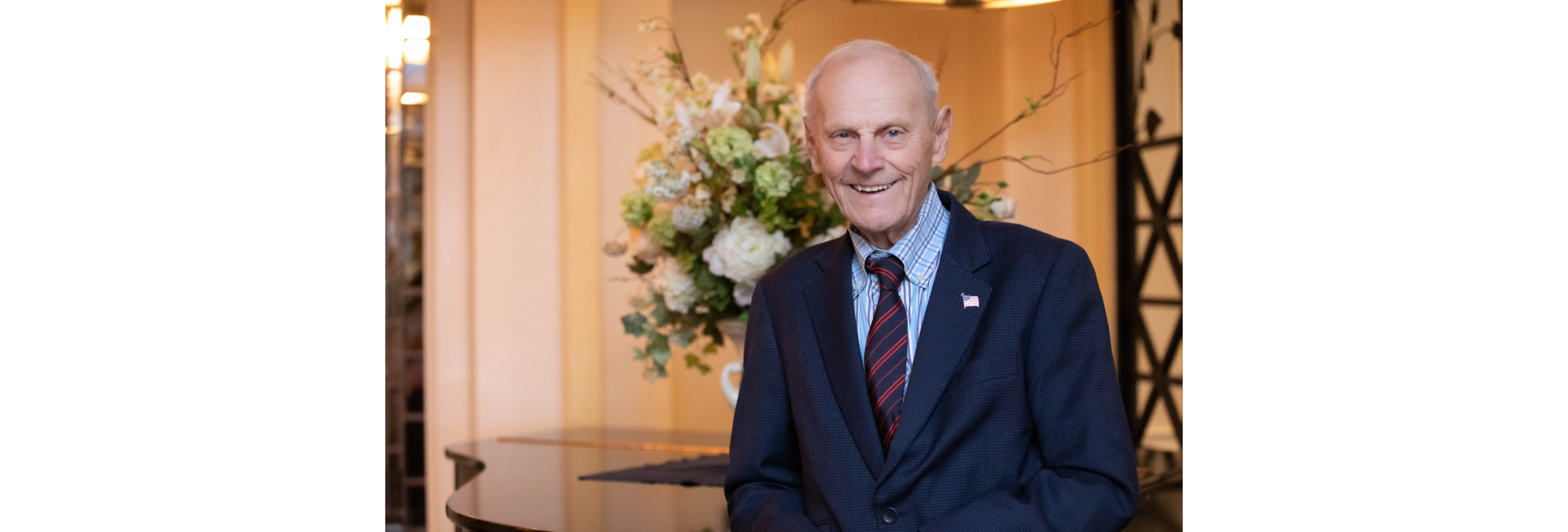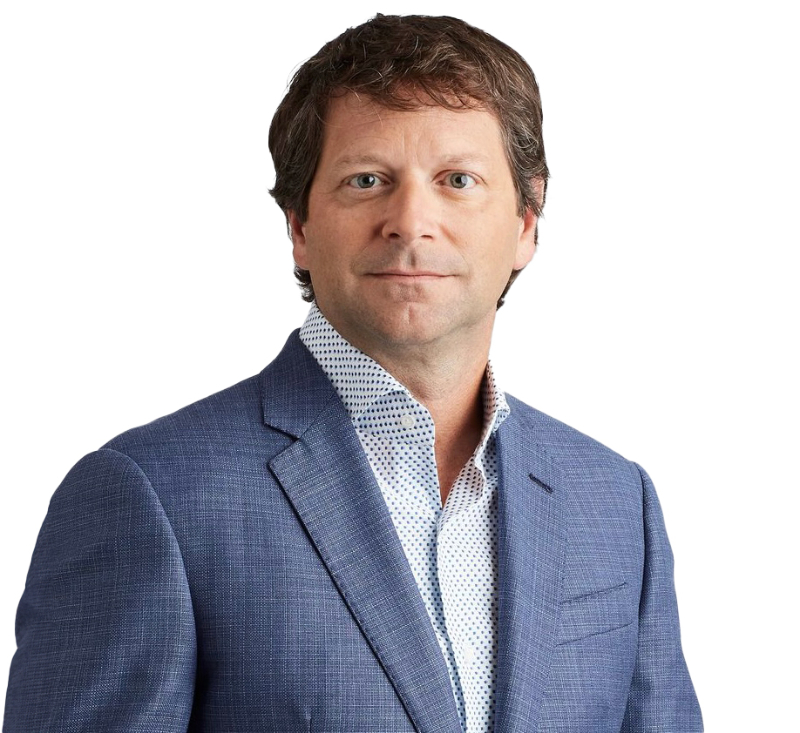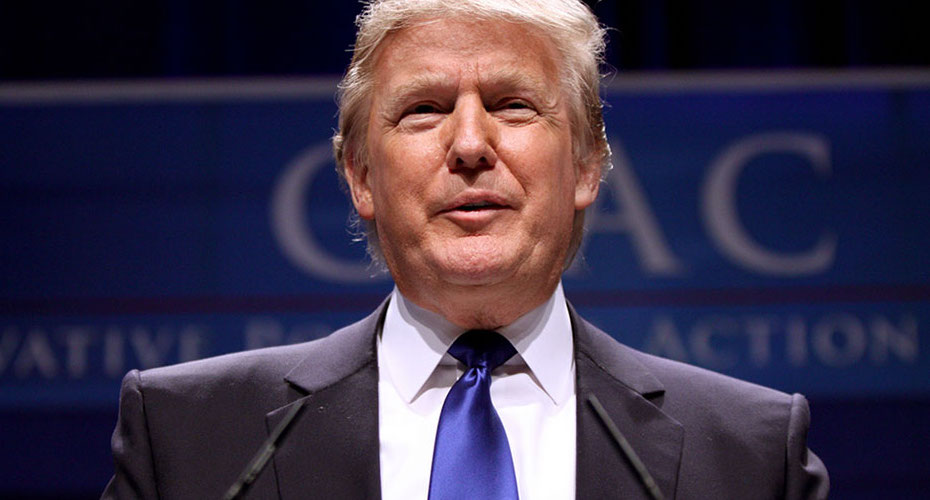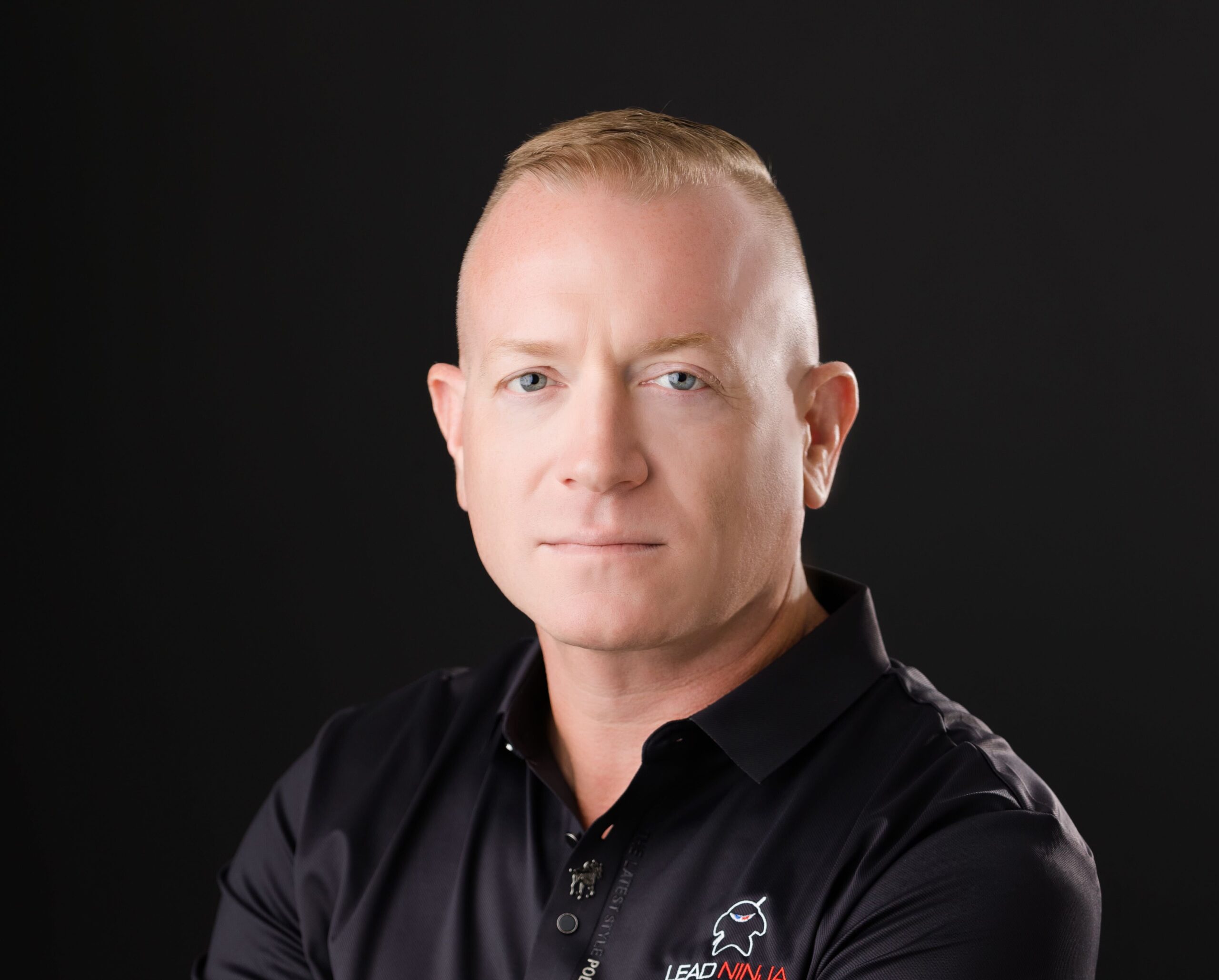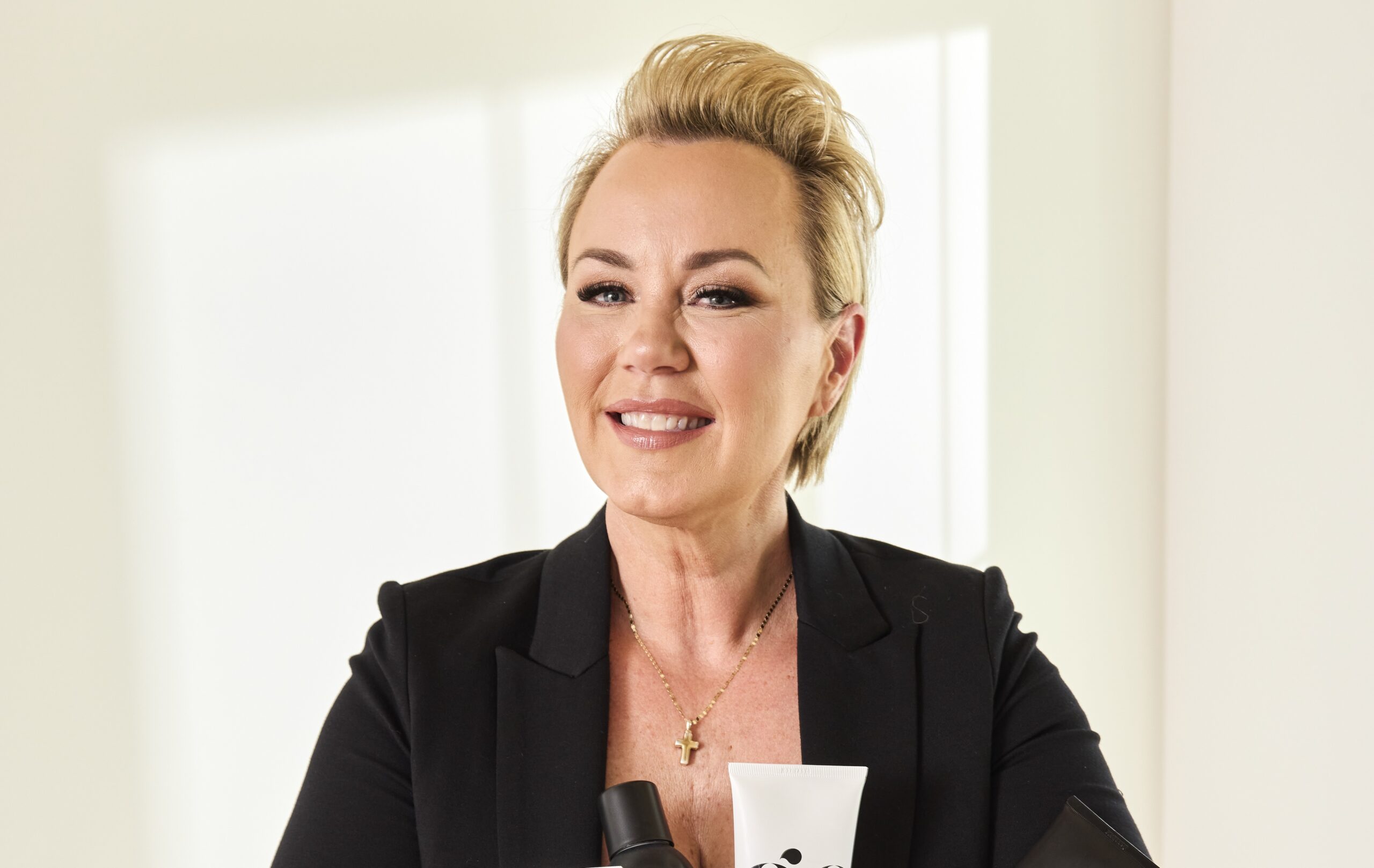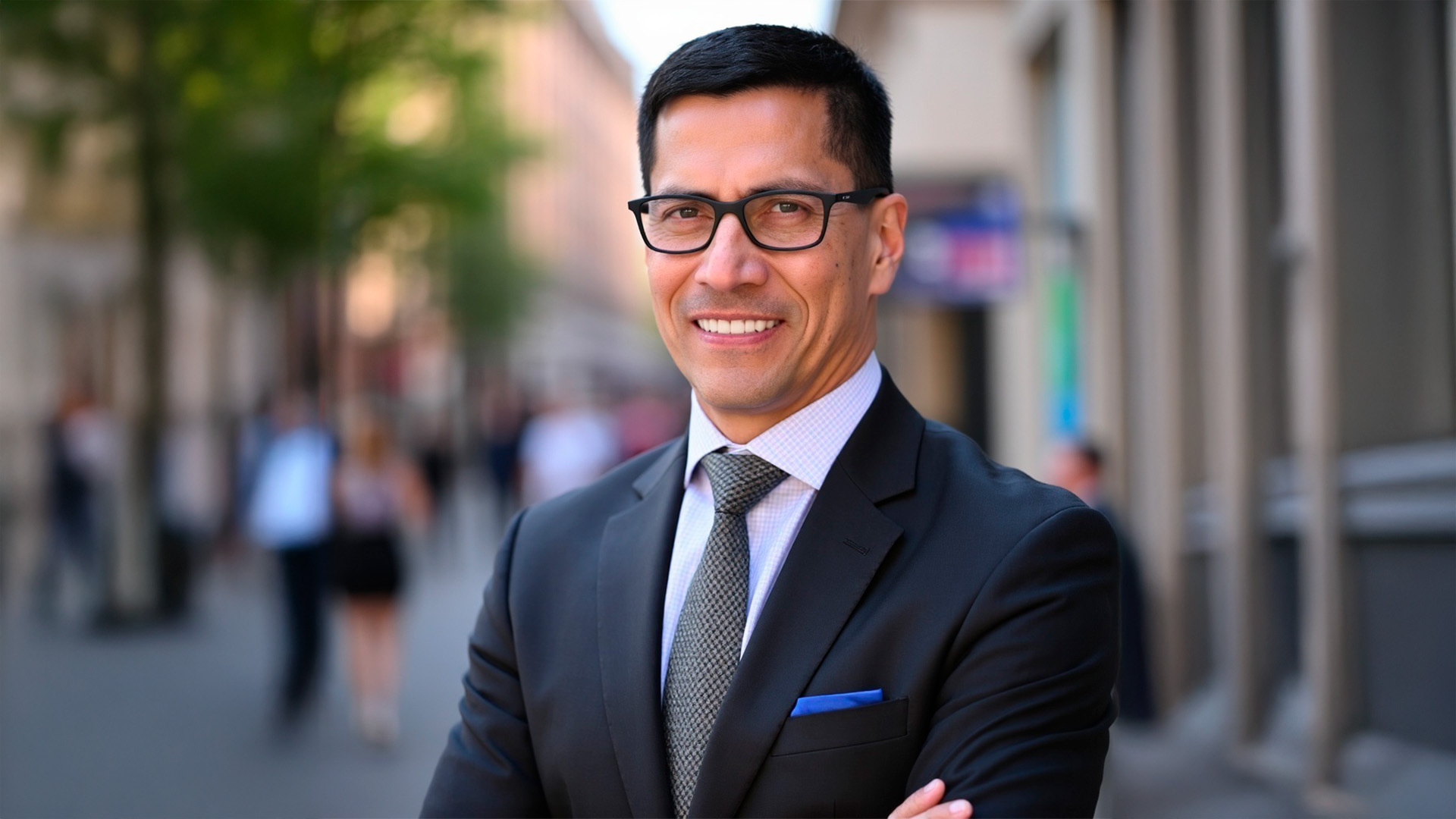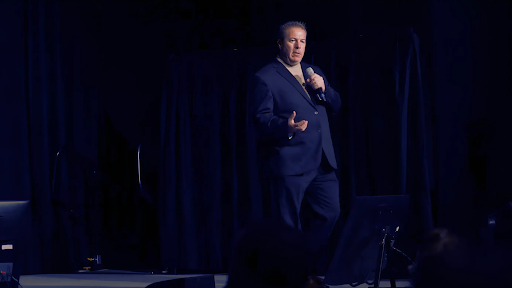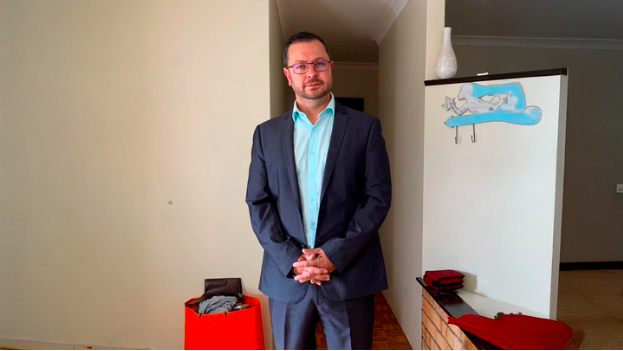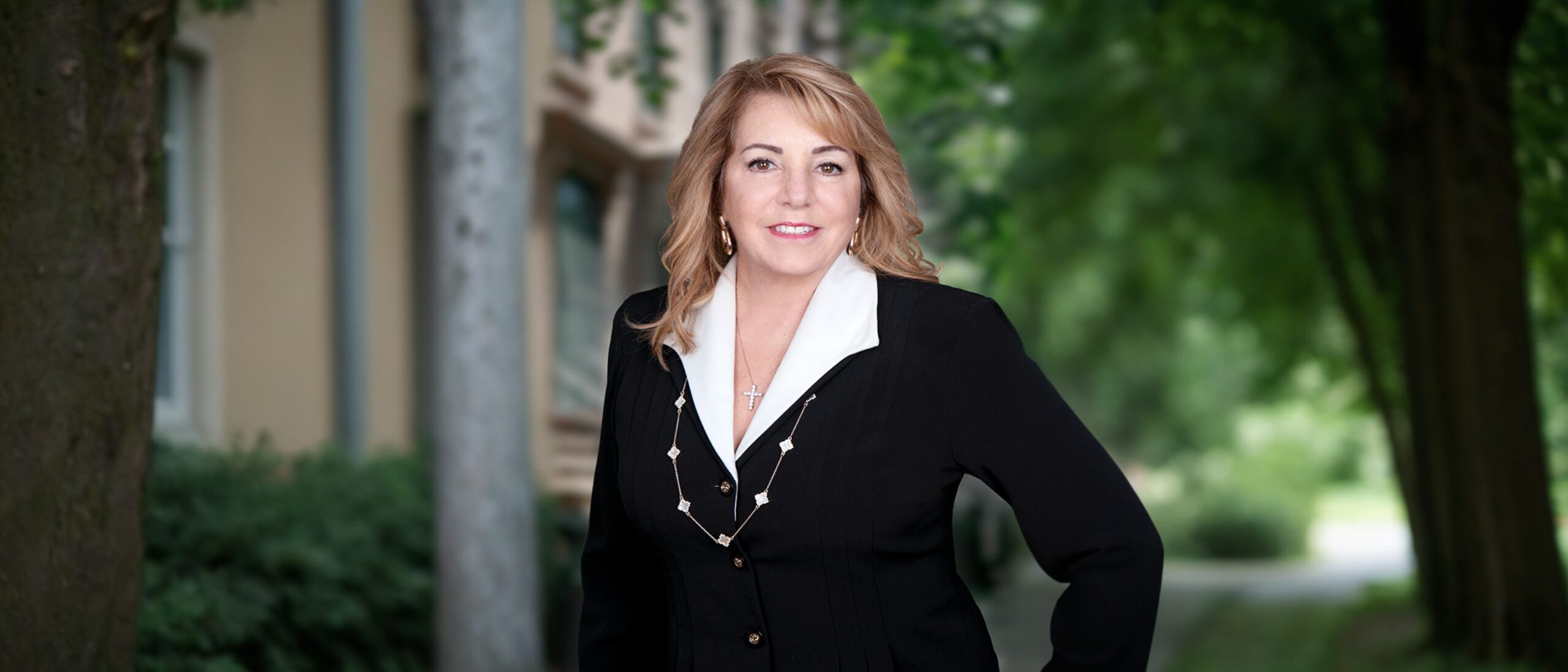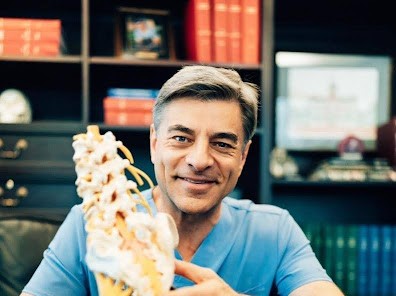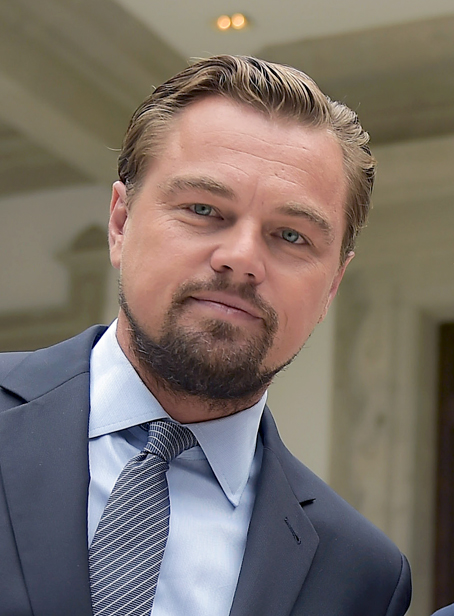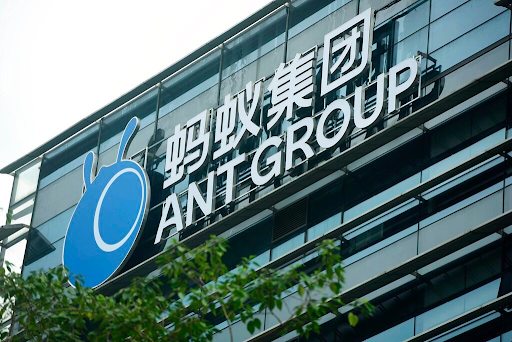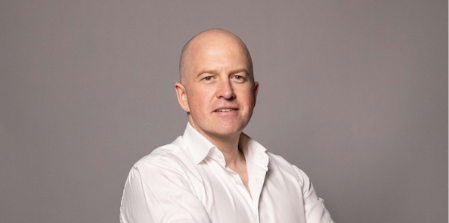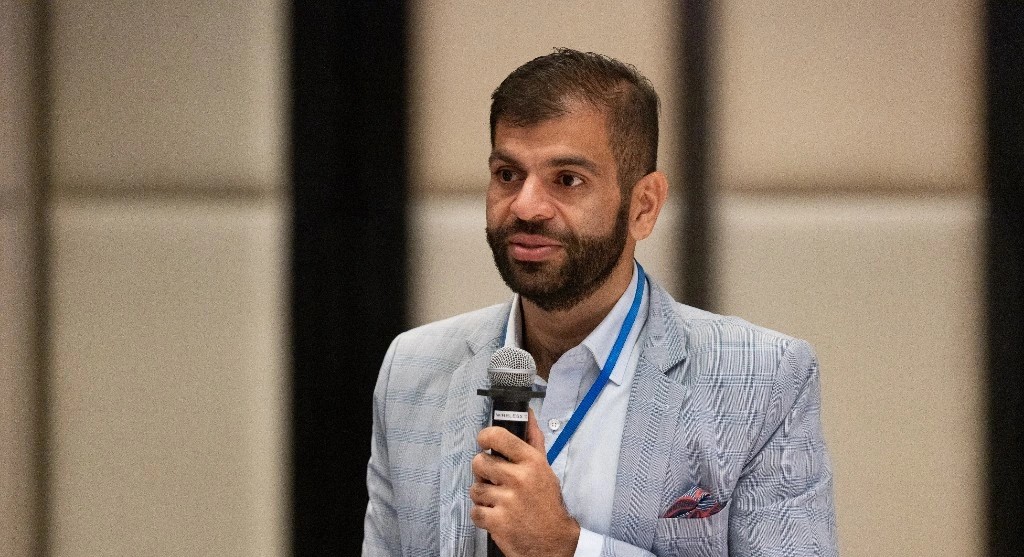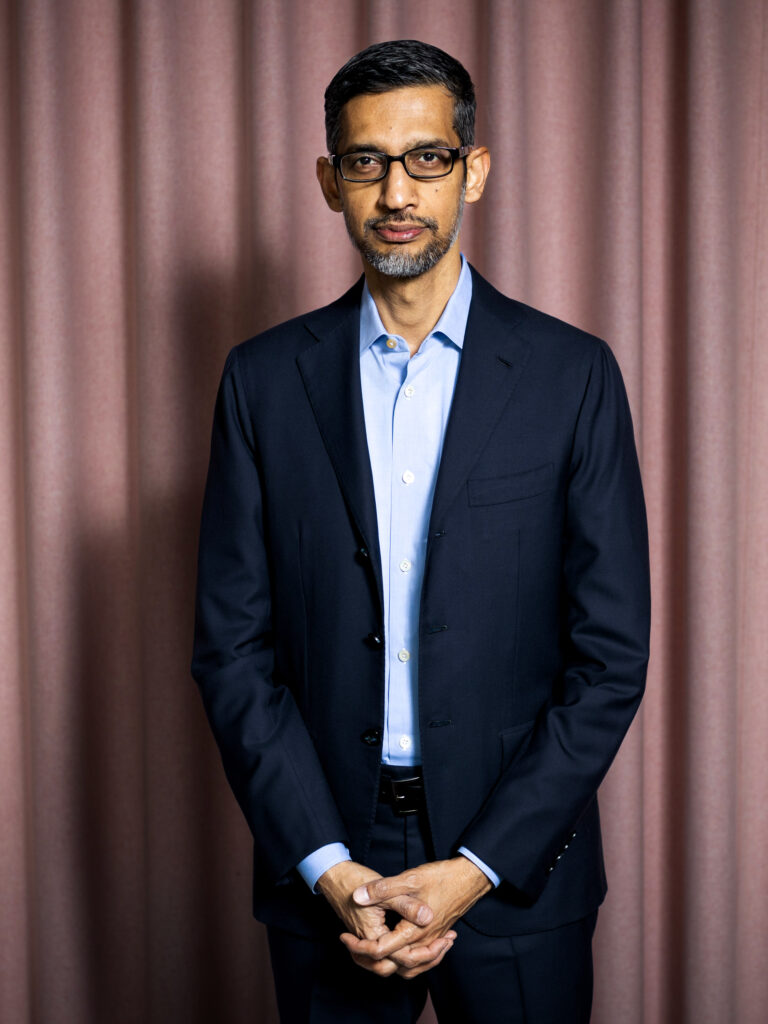Customers are transforming how industries operate, compelling businesses to center their strategies around consumer needs and expectations. This shift demands that companies not only gather detailed information about what their customers seek but also leverage this data for product development, marketing strategies, and enhanced customer service. In the healthcare sector, where patient care has traditionally driven operational decisions, this transformation is especially evident. Peter Fine, the veteran CEO of Banner Health, has observed and adapted to these changes throughout his 24-year tenure at the helm of the organization, offering insights into how the role of hospital CEO has evolved to address the demands of modern consumers.
Evolution of the Hospital CEO Role
Fine, who has led Banner Health since 1999, has witnessed firsthand the significant shifts in how healthcare systems operate. As customer expectations have evolved, so too has the role of the hospital CEO. By 2017, it became clear that hospitals were no longer merely dealing with patients; they were engaging with “customers,” Fine explained in an interview with HealthLeaders. This change reflects a broader trend in which the public’s judgment of healthcare institutions shifted from purely clinical outcomes to the overall ease of interaction with the system.
“The focus before was that all we had to do was provide a good clinical product that satisfied everybody. Well, that’s not the case,” Fine noted. “So that causes you to have to change certain things in your style and approach, and the things you say and do in front of others become way different.” This shift necessitated a new approach from hospital leaders, who had to prioritize identifying and addressing pain points that hindered the customer experience. Fine emphasized that communication and operational strategies had to be adapted to meet the new expectations of consumers.
Challenges Facing Healthcare Leaders Today
The challenges faced by hospital CEOs have led to an increased turnover rate in recent years. Fine observed that the pressure to meet customer demands, combined with external factors such as private equity interests, evolving payer relationships, and the growth of Medicare Advantage, has contributed to the departure of many healthcare leaders. The role’s increasing complexity and the heightened expectations have made it a challenging position to maintain.
COVID-19 further exacerbated these challenges, impacting leadership styles and the way hospital CEOs interact with their teams. Fine commented on the toll the pandemic took on leaders: “COVID took its toll on many, many leaders… Partly because of what we went through for a two-plus-year period but also because of the change in how you have to lead. I was always used to walking out of my office, walking to one of 10 other offices on the floor there at 4:00 in the afternoon, and just sitting down and talking about strategy and the organization. Now, everything is a scheduled Zoom call or a Teams call, and there’s no spontaneity. So for many, they had to learn a new way of leading an organization, figuring out how to be visible and figuring out how to stylistically be out in front of the organization as much as they can.”
Peter Fine’s Legacy and Insights on Healthcare Leadership
Despite these challenges, Fine’s tenure as CEO has been marked by intellectual stimulation and personal satisfaction. He described his experience leading Banner Health as “fun and interesting,” reflecting on how the role has evolved over time. “The role changed and morphed as an organization into a different kind of business today than it was back in 2000… It was fun and interesting, and when something’s fun and interesting and intellectually stimulating, in my case, having tremendous governance along the way and board leadership that’s very professional, that was advantageous as well,” Fine said. His tenure exemplifies how adapting to evolving customer expectations and operational demands can lead to a rewarding and dynamic career in healthcare leadership.
As Fine prepares to retire at the end of the month, his reflections on the changes in the hospital CEO role provide valuable insights into the ongoing transformation within the healthcare industry. His experience underscores the importance of adapting to shifting consumer expectations and highlights the broader trends affecting leadership across various sectors.















